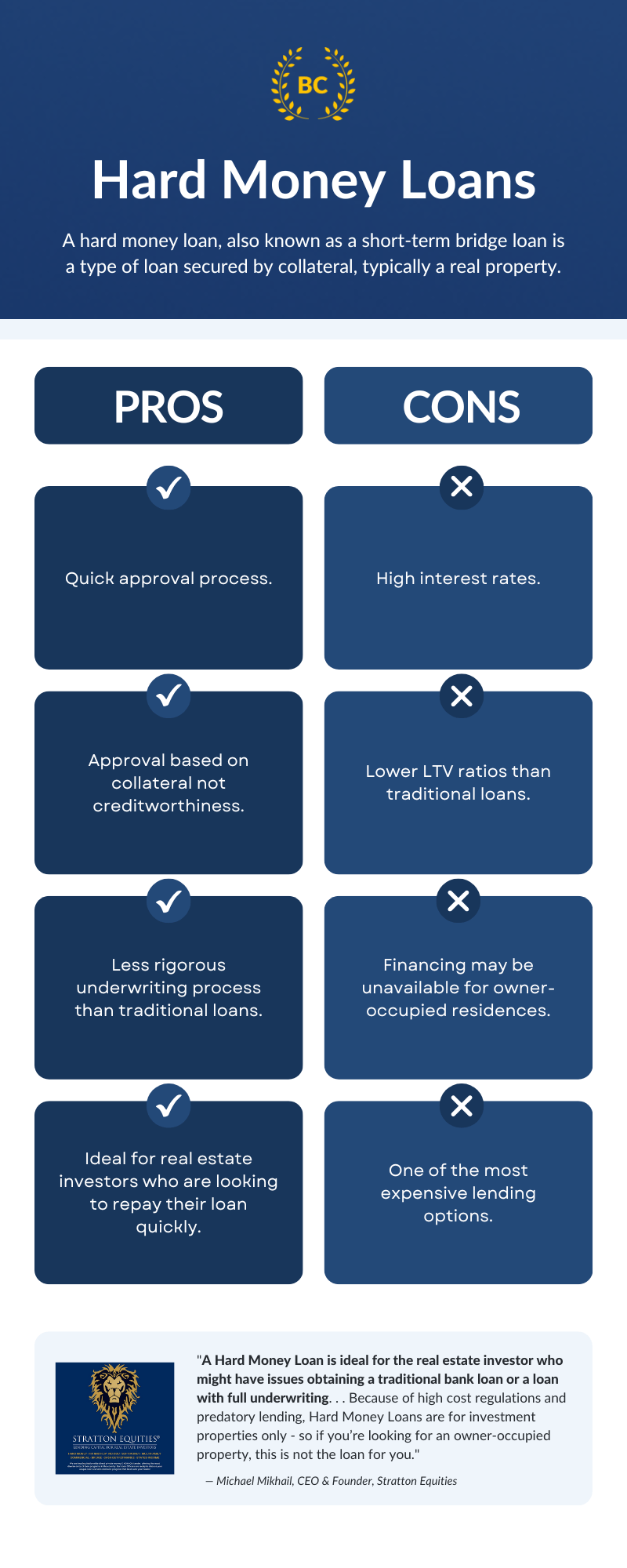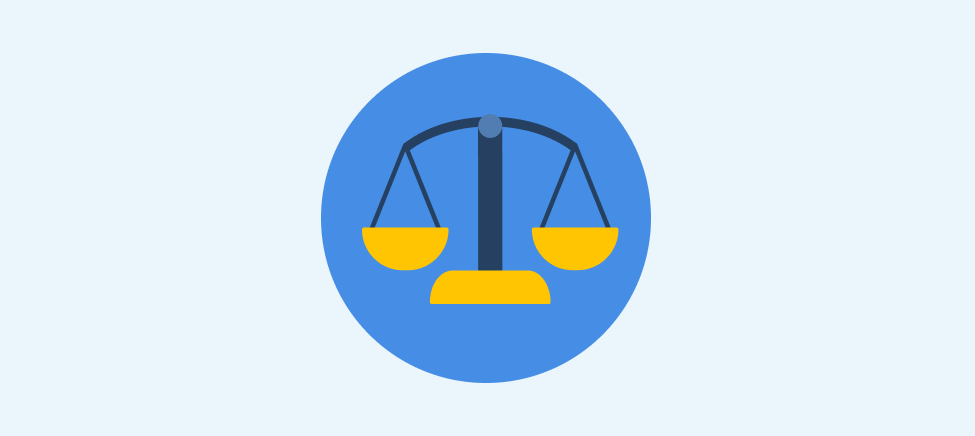Buying a Foreclosed Home—The Complete Guide
Topics:
real estate investingAre you considering buying a foreclosed home?
Perhaps the ROI potential and success stories have enticed you to entertain the idea of fixing and flipping a house in foreclosure. Buying a foreclosed home to fix up for profit is a common strategy that many seasoned real estate investors have. However, a novice investor may overlook some of the complexities and red tape that make foreclosures risky. By understanding the risk, you’ll be more equipped to understand if a foreclosure has potential cash rewards or if it's a financial trap that you should avoid.
To help you understand the ins and outs of buying a foreclosed home, we’ve put together this comprehensive guide that answers some of the most basic foreclosure questions:
- What is the difference between pre-foreclosure and foreclosure?
- Do banks negotiate foreclosures?
- Can you get a loan to buy a foreclosed home?
- Is it a good idea to buy a house in foreclosure?
- Bonus foreclosure tips
What is the difference between pre-foreclosure and foreclosure?
It is typical to lump the foreclosure process together, but it is wise to know how different points in the buying process could affect your purchase. Let’s breakdown a foreclosure into three main phases:
- Pre-foreclosure
- Foreclosure
- Post-foreclosure
Pre-foreclosure is the phase when you can potentially buy the house directly from the homeowner. It is typical for a homeowner to have 90 days notice before the bank seizes the property. During this time many homeowners are trying to get out of their house quickly and recoup any sort of money that they will potentially lose.
This short timeline mixed with a need to pay back the bank encourages homeowners to sell their home for a low price in hopes that the home will be purchased quickly. This type of sale is often referred to as a short-sale.
Foreclosure is the stage where the home actually goes to a foreclosure auction. Real estate investor and co-founder of SparkRental, Brian Davis, shares his insight on why this stage of the foreclosure process is often the riskiest and most expensive.
“You can buy properties at an actual foreclosure auction, but this rarely happens in practice, for two reasons. First, you can’t inspect the interior of the property, because at that time it’s still legally owned by the homeowner. Second, lenders usually set the starting bid around the total balance they’re owed, which is often higher than the market value given the accumulated late fees, legal fees, etc.”
Post-foreclosure is when the ownership of the house transitions from the homeowners to the bank. This is the most common phase that buyers purchase a foreclosed property. At this phase in the process the bank work with local real estate agents to list the house on the public market, making it easily visible for an everyday buyer to purchase.
During post-foreclosure you're able to approach the buying process like a normal house — agents can give you tours of the house, and you can receive an inspection before you pull the trigger.
Do banks negotiate foreclosures?
Banks take on a lot of time, risk, and stress when dealing with a foreclosed home and so they are motivated to sell quickly. Negotiating with the banks over a post-foreclosed home may require a few extra hoopes to jump through, but overall the process is relatively similar to negotiating for any kind of home.
Banks don’t love sitting on a property for too long, so they are motivated to negotiate with a potential buyer on the price. If a buyer extends an all cash offer they may be even more inclined to take it.
Real estate professional, Luke Smith, adds that, “the banks often get flooded with inventory so they are willing to negotiate. They are less likely to allow a short sale then they are to negotiate during post-foreclosure so that they can make a little profit.” Plus, if a foreclosed home has been sitting on the market for a while your odds of scoring a great deal with the bank are even better.
Can you get a loan to buy a foreclosed home?
Yes, you can get a loan to buy a foreclosed home. There are several different types of loans that you could use to pay for a foreclosed home such as a 203K loan, FHA loan, VA loan, conventional loan, HELOC and more. Kenny Dahill, realtor, landlord, and founder of Burbz comments on what the loan selection may look like for your investment property.
“Buying a foreclosed home is similar to a non-foreclosed home. Due to the nature of foreclosures being under market value, there are loan options that will allow you to finance the remodeling costs as well. Loans will typically be based off the habitability of the property — a foreclosed home in major disrepair will have challenges getting a loan compared to a foreclosed home that is move-in ready which can easily get a loan.”
If you are worried about fronting the cash for a loan and are wondering how you can buy a foreclosed home with no money down, then don’t stress — there are options. Melissa Zavala, real estate broker and owner of BroadPoint Properties, lays out what you should do if you are wanting to put no money down or as little down as possible.
“Check with your local lender to see whether no money down programs are currently available. There are many FHA programs available that only require 3.5 percent down and VA loans require no money down. There may be other programs available, so it is good to check with your local lender.”
A hard money loan is another option, particularly for real estate investors. These loans are secured by real property and typically offered by private or non-traditional lenders. Hard money loans can be an ideal option for real estate investors fixing and flipping a foreclosed home because funds can be secured quickly. Assuming the individual will turn a profit on the house soon after completing renovations, the loan can be repaid back quickly. Not all lenders offer hard money loans.
If you're interested in this lending option, we suggest researching companies that specialize in hard money lending, such as Stratton Equities.

There are no money down and some barely money down options, you just have to find the right lender. To help you compare possible lenders and find the right lending solution for you, you can easily compare mortgage lenders at BestCompany.com. (Bonus: LoanDepot is one of the few lenders that offers a 203k loan, which is great for financing foreclosures. Check them out.)
Is it a good idea to buy a house in foreclosure?
The honest answer — it depends.
It depends on your experience and the homes available. To help you get started on making your pros and cons list for purchasing a foreclosure, you need to look at the good, the bad, and the alternatives.
Why is it a good idea?
Buying a foreclosed home can unlock the potential for major cash flow. Foreclosed homes often sell for below their market value making them a great investment for buyers that are able to buy low, fix repairs, and sell high.
A pre-foreclosed home often sells for below market value when the current homeowner is not able to afford their house. Before the bank seizes the home, the house is sometimes available for a discounted price by the homeowner — known as a short-sale.
Additionally, if the bank does seize a home it will often be listed on the market for a reasonable price. The banks are motivated to sell the house quickly, alleviating the risk and and cost of hanging onto it. Potential buyers can benefit from either situation if the home is in good shape and on the market for below its value.
Why is it risky?
First you need to realize that foreclosed homes play by a different set of rules. For one, if the house does not sell in a short sale the ownership shifts from the personal homeowner to the bank. Real estate professional and owner of CapstoneHomeBuyers Colby Hager, walks through what a bank-owned home may entail:
“There is a certain amount of risk because most banks are unaware of the actual condition of the house when they seize it. The bank typically does not allow for a home inspection nor are they usually willing to negotiate for repairs in an auction. Depending on the overall condition of the foreclosed home, financing through traditional sources such as an FHA or VA loan may be difficult.”
In addition to the condition of the home posing a risk to your investment, legal red tape and the overall timeline can complicate the process as well. Unexpected time and legal issues can be costly and stressful.
What’s an alternative?
If you are wanting to buy a foreclosed home but are a little nervous to work through its complexities and risk, try investing in a different kind of property at the start. Get your feet wet by choosing an older home with good bones. You’ll have the luxury of shopping around for the right home and getting an inspection, while lowering your odds of major financial surprises.
Real estate agent and founder of Quadwalls, Chuck Stelt, puts it best by advising buyers to avoid foreclosures and instead invest in what is called a grandma’s house. “Grandma's house is usually in really good condition and most everything is in working order, but it is often dated. These are the best homes to look for if you are buying a home to live in and want quick equity.”

Bonus foreclosure tips:
- Get Homeowners Insurance: “Lenders will almost always require that you have homeowners insurance lined up, make sure you compare quotes and settle on a policy ahead of time to prove to your lender that you are able to purchase insurance for the foreclosure." — Melanie Musson, home insurance expert for USInsuranceAgents.com.
- Consider an Eviction Attorney: “If you are buying a foreclosure on the courthouse steps make sure to get a good eviction attorney. Oftentimes when you buy foreclosures at the courthouse steps, the previous owner is still living there. If the occupant doesn't leave on their own or doesn't take your ‘cash for keys,’ then you have to go through the eviction process.” — Rick Albert, Broker Associate with LAMERICA Real Estate, and investor/house hacker.
- Get a Second Opinion: "With every home, you want to do your due diligence—this rings especially true for foreclosed properties. If you are not allowed a formal inspection, then you want to find a local General Contractor to accompany you on your walkthrough. This way you'll have an idea of what costs could be needed.” — Brad, MBA, founder of 401HomeBuyers, a reputable house-buying firm.
The Top Mortgage Lenders Companies



The Top Mortgage Lenders Companies



Related Articles
Mortgage Lenders
Planning to Refinance Your Mortgage? 5 Questions You Sh...
By Guest
April 12th, 2023
Mortgage Lenders
How Much Harder Is It to Get an Investment Property Loa...
By Guest
April 12th, 2023
Mortgage Lenders
When Should You Take Out a Second Mortgage?
By Guest
October 27th, 2022
Get Our Newsletter - Be in the Know
Sign up below to receive a monthly newsletter containing relevant news, resources and expert tips on Mortgage Lenders and other products and services.
We promise not to spam you. Unsubscribe at any time. Privacy Policy



